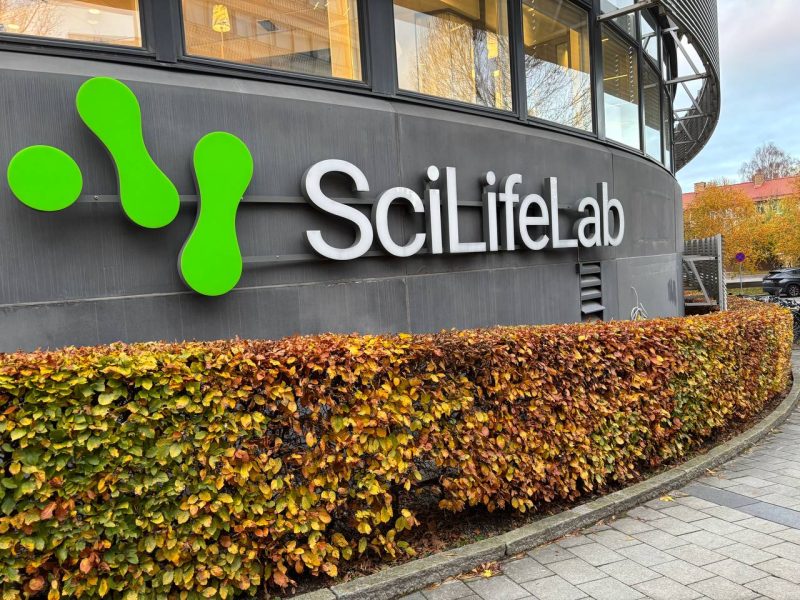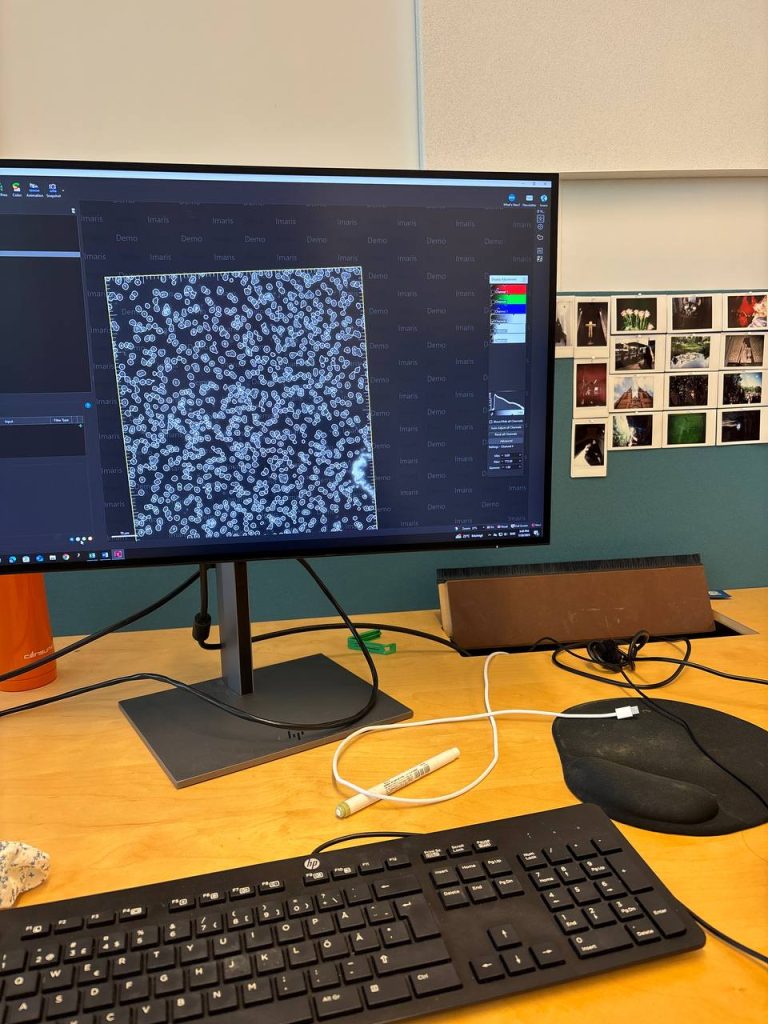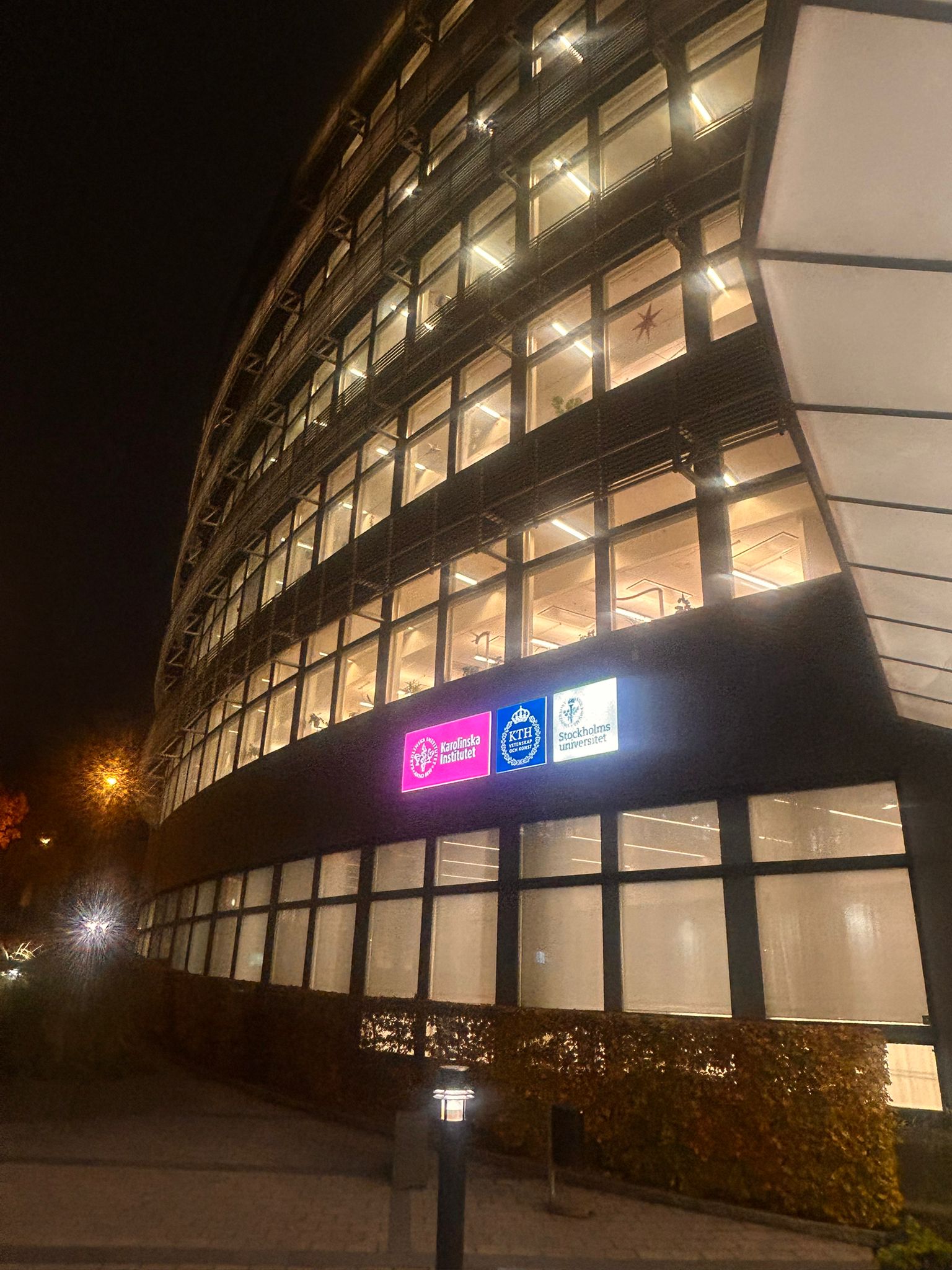
SciLifeLab Summer Internship for MSc Molecular Techniques in Life Sciences students
Over the summer, I had the honour of being selected as one of the SciLifeLab 2025 Summer Interns as a student in the joint masters programme in Molecular Techniques in Life Science (MTLS). It was a time of learning, socializing and overall enjoying the summer air of Stockholm. In this post I will go over some of the my application process, offer some tips and share some experiences in the internship with everyone. As I always say, these practical details can always be subject to change so always keep that in mind!
Application process and Internship details
As mentioned previously, the SciLifeLab Summer Internship is only open to applicants from the MTLS major. In my batch, the internship was open to 6 students for 6 weeks of funding. SciLifeLab research groups can send in available projects/positions to the coordinator for students to apply/select from.
If you have a lot of questions, there will be an information session early in the second semester with the internship coordinator and previous students in the Internship programme. There you can ask logistical details about the application process and hear about the internship experience.
Application steps
- Information session
- Project application sent out to SciLifeLab groups
- Application open to students: receive list of available projects
- Research and select two projects to apply to
- Write motivation letter
- Send in applications
- Receive results in email
How are the applicants selected?
We are selected on a basis of both academic merit and the motivation letter. That means that our grades in the programme up until the application submission are also taken into account. However, it is also important to note that the motivation letter does contribute a large factor to the decision.
What are some tips for the motivation letter?
Personally, I recommend choosing projects that you can make a connection to. Be sure to include either connection with your research experience or your research interests. You can even mention notable experiences in the programme courses. Was there a specific paper or lecture that piqued your interest? Did you read the project group’s existing research? Maybe you can even contact the supervisor for more information and show your interest.
What is a tip for those not selected for the internship?
Email the supervisor and you may still have an opportunity to intern with the group. We received 11 projects for 6 students. There is a chance that the position that you applied for has not been filled by the internship and the research group could still be open to mentoring/hosting a student. However, the caveat is that funding would not be provided by the fellowship. Therefore, this is something you’d have to realistically factor in given your own financial and personal situation, or speak to the supervisor of the project about.
Alternatively, many other students in our programme had looked for internships outside of SciLifeLab, whether that is as close as Bioclinicum, in other European summer fellowships or even in their home country.
Learning new things, meeting new people
My project was titled “Effects of diet on neuronal gene expression” in the Pollak Dorocic lab. My project did not include a wet lab component so it primarily composed of the dry lab analysis of an ongoing project in the group. I started with reading literature on the existing topic and moved into learning new software for the analysis pipeline. I was also happy to implement more R coding into this project which is a skill I had been looking forward to using more.
My desk was in the same office as my supervisor and other members of the group. Therefore, I was able to ask questions whenever I came across any challenges in the project. We had weekly meetings either in person or on zoom, ensuring that the project is on track. Despite a general guideline, the day to day tasks are also dependent on my own organization and proactive scheduling. This internship is a good time to continue practicing independent work and holding yourself accountable for a realistic and productive task and time management.

Overall, I learnt a lot of practical software, programming and analysis skills from this experience. However, I also learnt a lot about experiments and wet lab skills through shadowing and conversations with members of the lab. I could peek into the PhD life and gain insight into what I would want more for my future path.
SciLifeLab as a hub of research and people
SciifeLab by definition is “an academic collaboration between Swedish universities and a national research infrastructure with a focus on life science” (SciLifeLab website). The collaboration aspect holds true. On a simple note, it means that you are working with many of your classmates and TAs, seeing them at the lunch room or by the coffee machine. But what this really means is that you are exposed to a wide range of research within a singular building. Researchers from all three participating universities of the MTLS major are present. Groups can have journal clubs together, share lab spaces and help each other on software and do official collaborations. This is truly the place where you can take advantage of networking and meeting with people. P.S. There are always seminars and events happening and you can even go to the weekly SciLifeLab pub!

Final words
I hope this blog offers some insight into the SciLifeLab Summer Internship and answers some questions you may have during the Karolinska Institutet application cycle. This opportunity is a perfect example of the doors that may be opened for you in a joint programme such as MTLS. Many of us use this opportunity to learn more about our own research interest with some continuing with the same lab either for their KTH Project in molecular life science or even for their Master’s thesis in the final semester.
So, if you decide to apply for MTLS Masters, please do consider applying to the SciLifeLab Summer Internship when the time comes! If you have any more questions, feel free to check out past blogs on the internship or send me an email. Best of luck to all incoming applicants for the 2026 cycle!
Kai-Lin - Molecular Techniques in Life Sciences
My name is Kai-Lin. I am currently a master’s student in the Master's Programme in Molecular Techniques in Life Sciences. I come from the sunny island of Jamaica and completed my bachelor’s degree in Singapore. I felt drawn towards this programme because of the high calibre of research that Karolinska Institutet produces and the collaborative nature of the Stockholm trio. Since coming to Stockholm, I have started to enjoy taking walks (and getting some sun) whenever I can. Hopefully, I can share some of those mini adventures with you on the blog!

0 comments